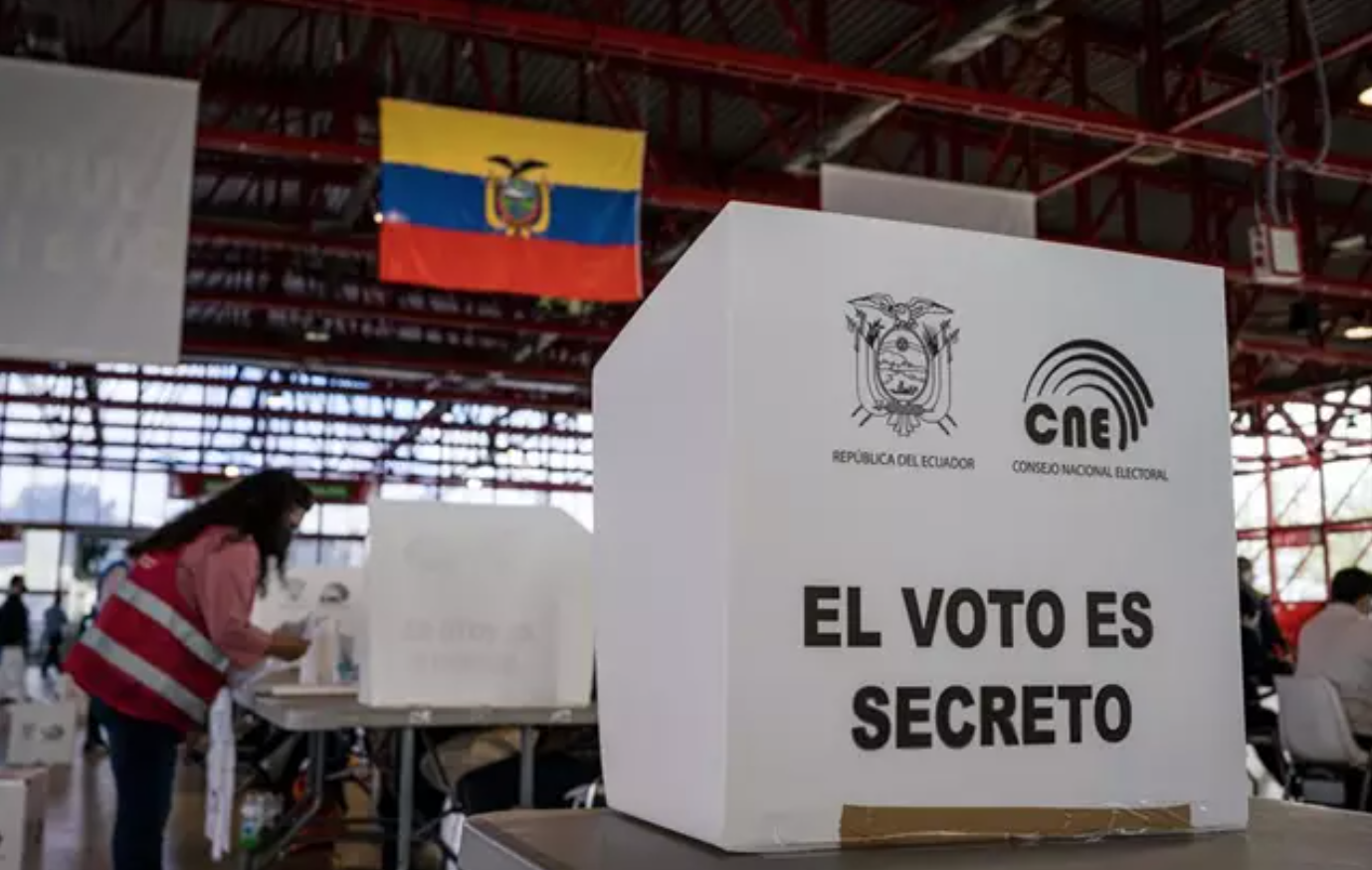After the application of the so-called “mutual death” in Ecuador last May, the whole country is living in a situation of haste and political pressure regarding the early elections to be held in August of this year. Not only the political class is in a trance, due to the window of opportunities that unexpectedly opened, but also the citizenry is facing a new challenge: to elect the authorities (in record time) that will set up the board for the next game in 2025. This is no small task.
Eight candidacies, two possibilities
As a first possibility, if the transitional government to be inaugurated in August does not enjoy, by its nature, majority support, which is foreseeable due to the absence of a recognizable leadership recently and the fragmentation left by the impeachment initiative against President Guillermo Lasso, it should not and could not formulate major changes. It should focus on homogenizing the political competition so that in 2025 the decision will be more beneficial for the country and will not lead to the already-known dispute between the Executive and Legislative branches.
The other possibility, the most possible and counterproductive at the same time, is that the transitional government offers changes and restructuring (even constitutional) as a bridge between the current instability and the future government to be elected in 2025. This option would imply the instrumentalization of the serious political crisis the country is going through in order to set up the institutional scaffolding and prepare a presidential candidacy in 2025 while the transitional government lasts.
The latent risk of this last option is, while the transitional Government lasts, the stage becomes a prolonged and intense electoral campaign, which would mean an evident transgression to fair competition and equal conditions in front of the rest of the options of the political spectrum. Furthermore, the Government would direct its efforts toward political positioning, while leaving aside the deep social fractures that require concrete and long-term actions, not to mention the urgency of the pending tasks left by the outgoing Government in economic, productive, and labor matters.
The eight presidential candidacies that have been made official are an indication of the disagreement and political personalism that has characterized Ecuador, even through the dynamics of government that are evolving during these months, where President Lasso governs with emergency decrees and there is no Legislative Power to act as a counterweight. Paradoxically, a political class committed to democratic values would focus its efforts on consensus and citizen oversight mechanisms and respect for human rights.
Returning to the initial idea, what is the challenge facing Ecuadorians? Regardless of political preferences, in the coming months, the citizen’s role is to recognize viable and sensible proposals over large long-term projects and the implications described here. The capture of the vote in these months will have a novel dynamic, as it will try to show civic interest and commitment to democracy while participating in elections that were born of dissent. Ideological extremes will be attenuated in order to approach the average voter through a conciliatory discourse, while each candidacy is seen as the only one capable of channeling fragmentation.
In the following months, we will face a strong electoral campaign with offers and promises: those who are not here will promise to return, and those who are here will say they never left. Now more than ever, the electorate must demand and recognize sensible and civic responses, so that in the next two years we can promote new and fresh leadership without having to look to the past.
*Translated from Spanish by Janaína Ruviaro da Silva













